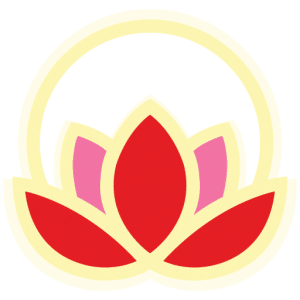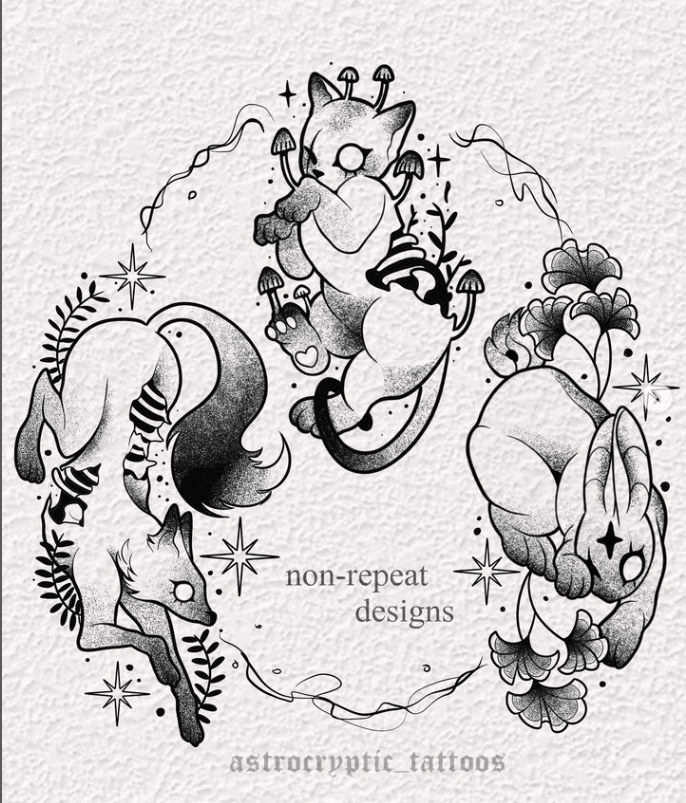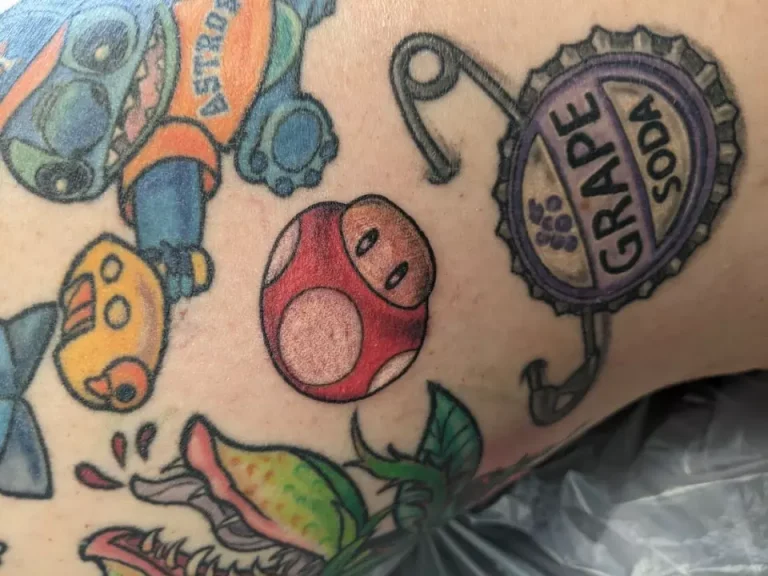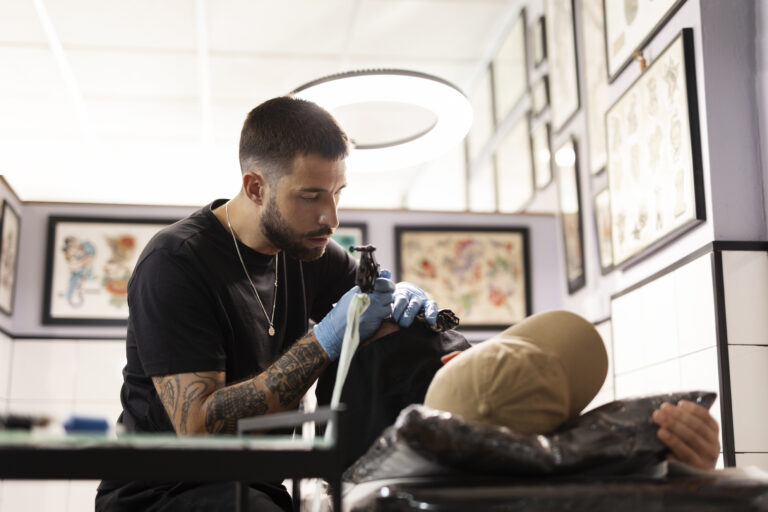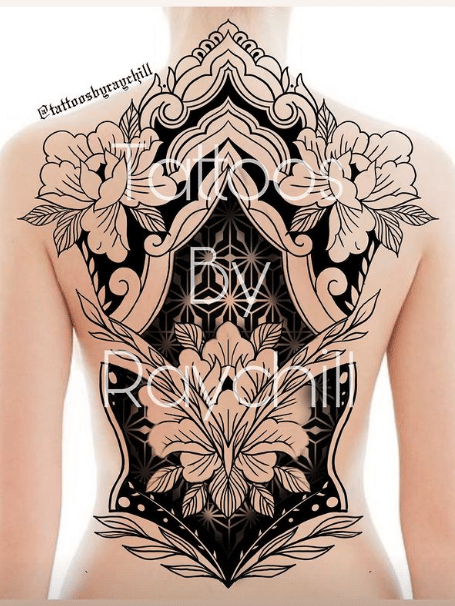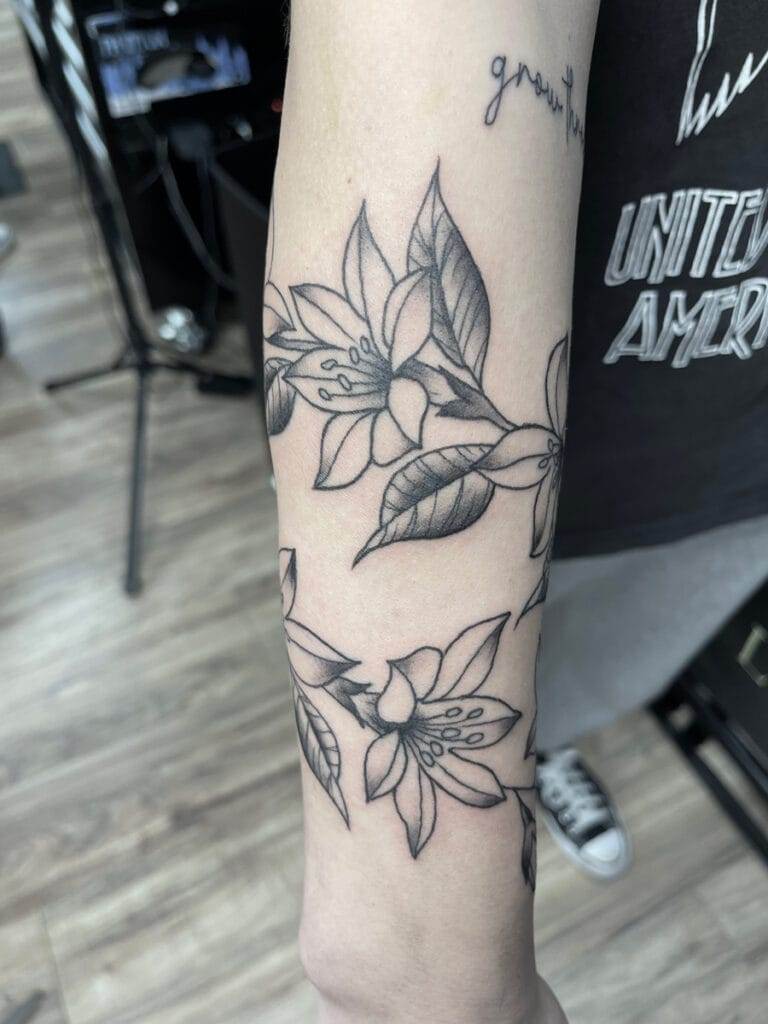It is important to understand the cultural history and significance of the Japanese-style tattoos if you want one.
It would be an oversimplification to say that Japanese Tattoos have a complex and rich history. The Japanese culture has had many tattoos that have been used to express their culture. Due to major sociological changes, the cultural meanings and cultural understandings that Japanese tattoos have experienced throughout Japan’s history can be attributed to these events. Japanese tattoos have seen significant cultural changes and acceptance, ranging from religious and shamanistic meanings to affiliations with Japanese mafia.
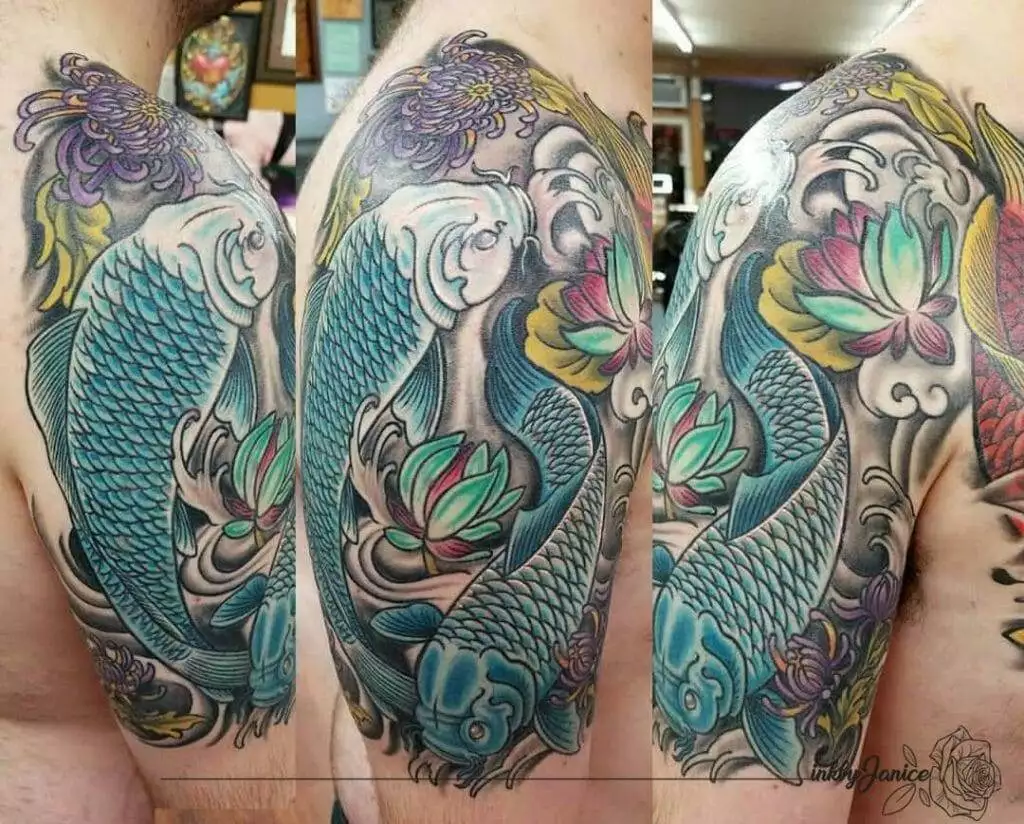
Tattoos in Japanese Culture: Their Historical and Cultural Roles
Scholars have dated tattooing in Japan back to the Jomon period, which is approximately 10,500 B.C. To 300 B.C. Some believe tattoos were used to express spirituality and ornamentation. The Yayoi period (300 BC-300 AD) is a time when tattoos were used for ritualistic and social status. When tattoos were first used to identify criminals, cultural meaning began to shift between 300-600 AD. This was done as a punishment for criminals and to make them easily identifiable in society.
Tattooing became popular during the Edo Period of the 1600’s. However, it was not accepted in mainstream society. Tattooing, which was a form of advanced body art that grew in popularity as a result, emerged from a variety of art forms. The Samurai elite tried to ban tattooing in Japanese culture at the time, but it was enjoying a boom in artistic creativity.
It was only after the threat of western culture outside Japan forced colonization that tattooing went underground. In an effort to avoid western occupation, the Japanese government banned tattooing and body artwork in the 19th century. Tattooing was allowed to be reintroduced into society during the 1948 occupation. Because of movies at the time, tattooing was associated with the Yakuza (Japan mafia). Tattoos of full-back pieces of tigers or dragons were popularized by tattooists all over the globe. This stereotype has gradually been dispelled and tattoos have been accepted around the globe for their flowing imagery and identifiable imagery.
Traditional Japanese Tattoo Meanings
The mythology of animals, beasts and objects is the foundation for traditional Japanese tattoos. Each tattoo has its own unique characteristics that reflect the convictions and values of the wearer. Modern meanings are often lost in translation.
Dragon Tattoo Meanings and Symbolism:
The Japanese dragon tattoo is a popular representation of a legendary and diverse creature. A Japanese dragon is often depicted with clawed feet as a wingless serpentine creature. Dragons were originally identified as water deities or are associated with large bodies of water and rainfall. They can cause destruction but also provide wisdom and protection. They have meanings that include insight, power for good and benefits for humanity.
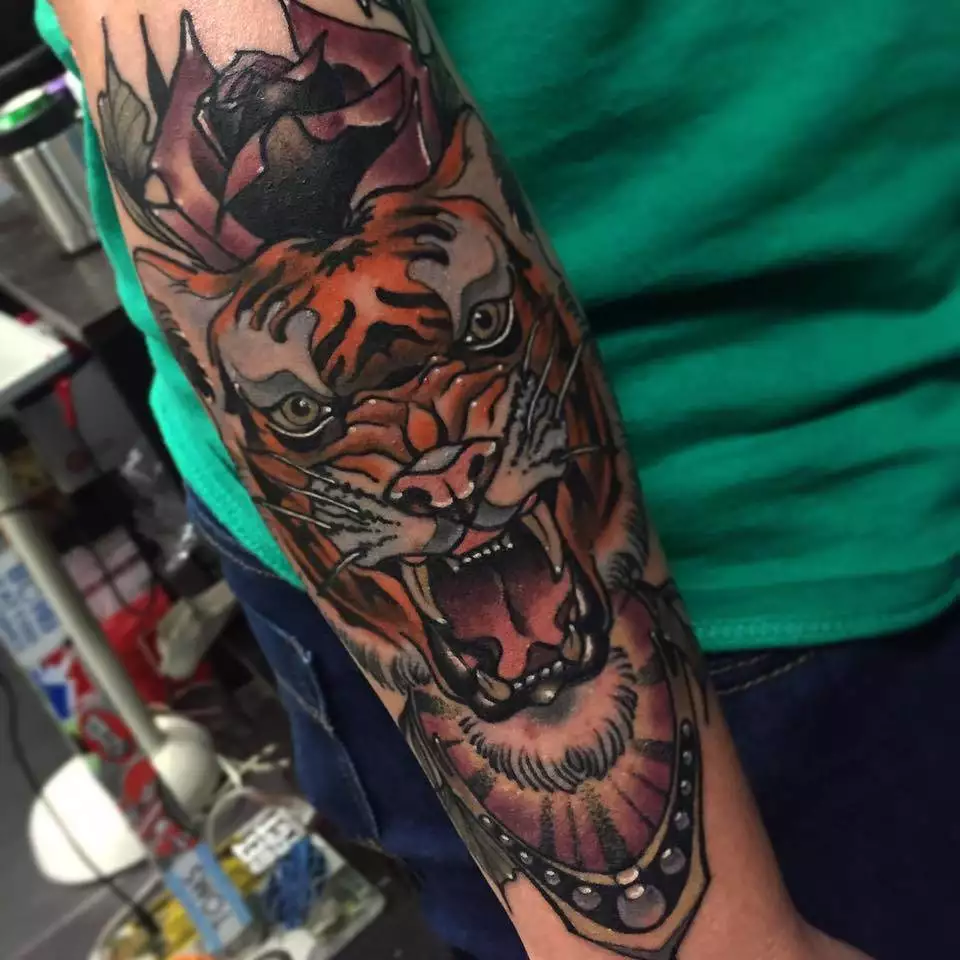
Meanings and symbols of the Tigers Tattoo
In Japanese mythology, tigers are often shown in constant opposition to the dragon. This is because they have borrowed their meanings a lot from Chinese mythology. These are often portrayed as the opposing forces of yin or yang. The images of Tigers alone are strong symbols of strength, power and courage. It is also a symbol for warding off evil spirits and sickness, as well as for preventing misfortune.
Foo Dogs Tattoo Meanings and Symbolism:
Foo dog is a representation of a lion-like, dog-like animal that originated in Chinese Buddhism. This mythical beast is often depicted as a fierce guardian. They are associated with courage, luck, and strong defenses.
Symbolisms and Meanings of the Koi Tattoo:
Koi is revered as a symbol of Japanese culture, and it is highly valued by Japanese people. Koi, which means “carp” in English, is a type fish that represents perseverance. They are often seen swimming upstream against the currents of rivers. They can be a symbol of strength, perseverance, and luck in the face of adversity.
Oni Mask/Demon Mask Tattoo Meanings and Symbolism
Japanese tattoos often depict Oni. They represent mythology related to the spirit world as well as the demons that torture those who live here. They are thought to be troll-like, malevolent creatures that spread disease and sickness. Not all oni are evil. Some oni can even be considered protectors. The oni masks are often depicted as tricksters, defenders, or insidiousness.
Snake Tattoo Meanings and Symbolism:
Although the snake is often depicted as a feminine divine entity in Japanese culture, it can also be used to represent many other meanings. The Japanese tattoo depicts the snake as a symbol of protection, wisdom and good fortune. They can also be used to protect against illness, disaster, or misfortune.
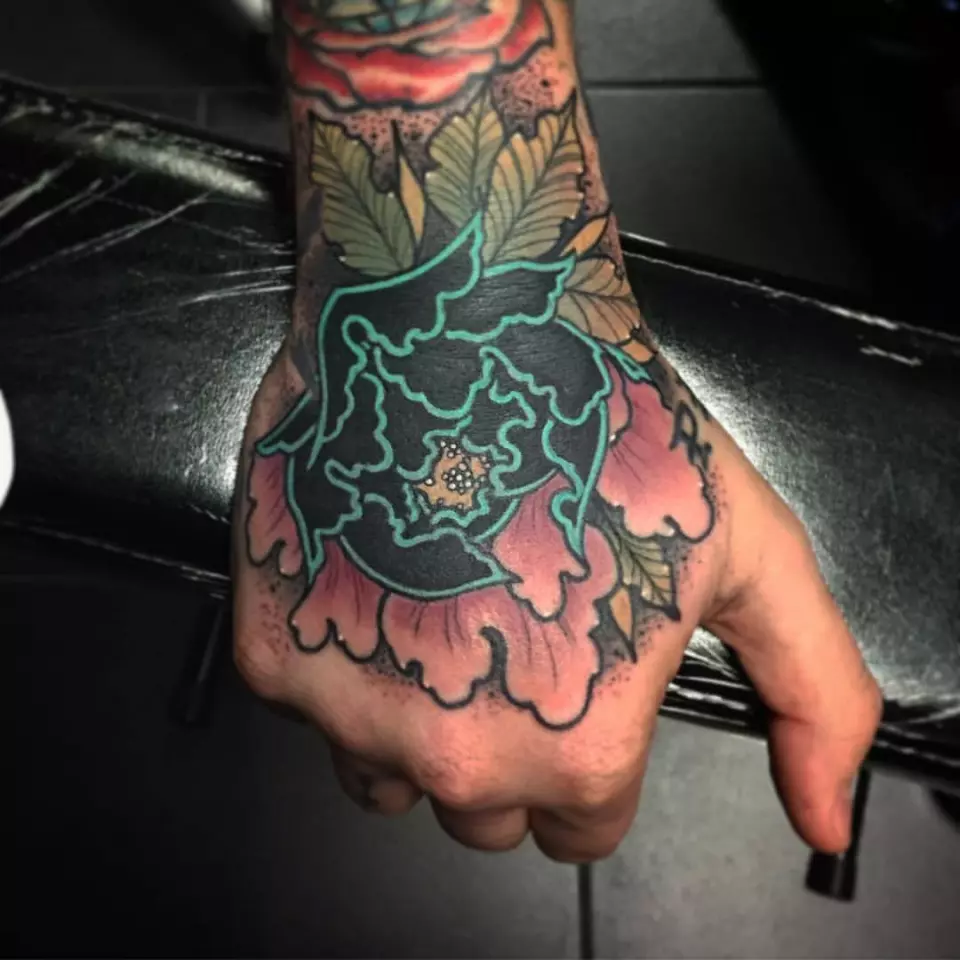
Flower Tattoo Meanings and Symbolism:
Japanese tattoos often include flower tattoos. They can be combined with other imagery. Each type of flower has its own symbolism and meaning. The lotus flower is a symbol of wisdom, knowledge, and insight. Japanese tattoos often depict cherry blossoms as drifting through the air or blowing in the winds. The Cherry blossom may represent the fleetingness of life, death, and natural beauty that is only temporary. The Japanese tattoos are often associated with Chrysanthemum flowers, and they can also be associated with royalty. The chrysanthemum flowers can be associated with longevity, happiness, joy, or even godliness.
Water/Waves Tattoo Meanings and Symbolism:
In Japanese tattoos, water and waves play a significant role. Japan is an island country that has seen many tsunamis and severe storms. This can be expressed in sculptures, paintings and tattoos. The wave represents strength and life. Water, on the other hand, symbolizes that life is fluid and ebbs and flows like water. It is associated with water’s strong qualities, which can be destructive and powerful as well as gentler and quieter.
Book an appointment
We accept walk in appointments Wednesday to Friday from 11am to 7pm
Come find your perfect design and lasting piece of art at Opal Lotus in Katy! Our experienced tattoo artists are ready to give you a unique and special Japanese tattoo experience. Don’t miss out – make an appointment today for the perfect addition to your body art collection!
